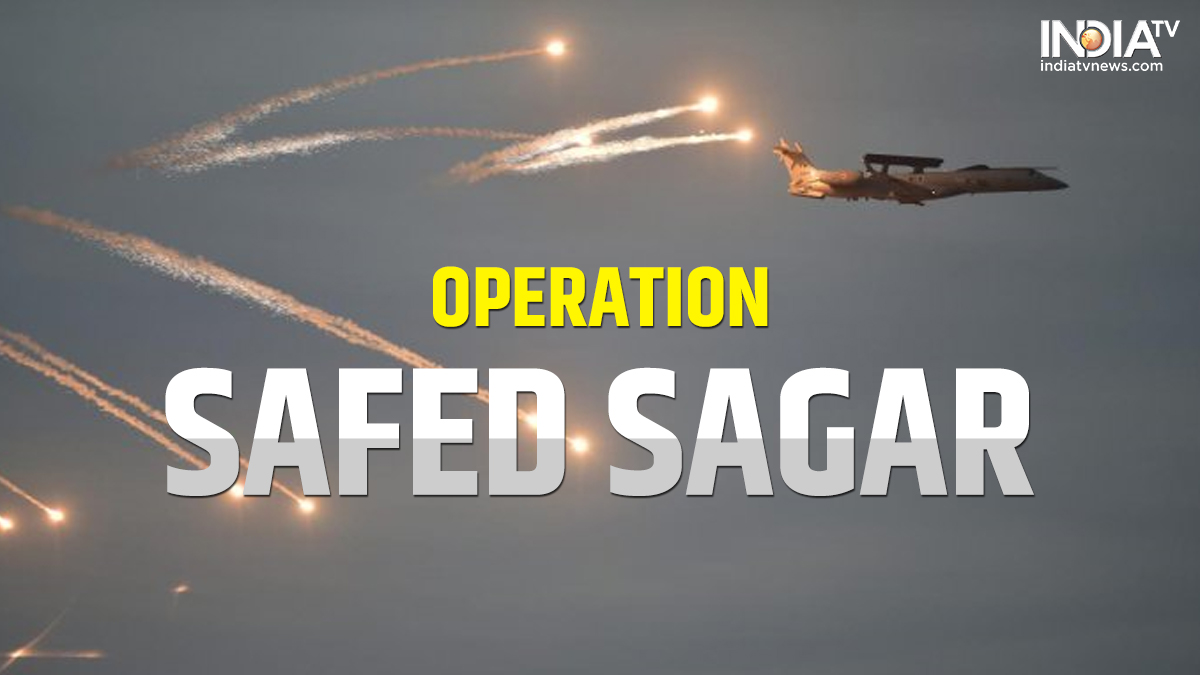Kargil Vijay Diwas 2022: How Indian Air Force's Operation Safed Sagar proved to be a gamechanger
Kargil Vijay Diwas 2022: Operation Safedsagar was a milestone in the history of military aviation, as this was the first time that air power was employed in such an environment.

Kargil Vijay Diwas: On May 25, 1999, the government of India took a significant decision to use air power during the Kargil War. It was code-named Operation Safed Sagar, The Indian Air Force acted jointly with the Indian Army’s ground troops to flush out infiltrators from Pakistan. Operation Safed Sagar was undertaken by the Indian Air Force to flush out infiltrators in the Kargil sector along the Line of Control.
On May 28, 1999, Sqn Ldr R Pundir, Flt Lt Muhilan, Sergeant RK Sahu and Sergeant PVNR Prasad laid down their lives in service of the nation while flying a mission during Ops Safed Sagar. Air Marshal Raghunath Nambiar had taken part in Operation Safed Sagar flying Mirage 2000 aircraft, while Lt Gen Joshi, as Commanding Officer of 13 JAKRIF, led operations on Tololing to capture Point 5140.
Gunjan Saxena
Behind this momentous mission, there was a female crack team as well. Flight Lieutenants Gunjan Saxena and Srividya Rajan flew helicopters
for reconnaissance mission. Gunjan Saxena joined the IAF in 1996 and is a 1999 Kargil War veteran. She is one of the first women to fly in a combat zone. One of her main roles during the Kargil War was to evacuate the wounded from Kargil, transport supplies and assist in surveillance. She would go on to be part of operations to evacuate over 900 troops, both injured and deceased, from Kargil. The 2020 Bollywood film Gunjan Saxena: The Kargil Girl is inspired by her life.
Operation Safed Sagar - A turning point in history of military aviation
This was the first time the IAF fought a limited war, hitherto thought to be an unlikely eventuality, as air power and escalation to an all-out war were thought to be synonymous. The deterrent effect of air power has been enhanced by this fact, as the prospect of decisive air action is now a proven possibility in even a Low-Intensity Conflict situation. Operation Safedsagar was, therefore, a turning point in the history of military aviation, and an operation that will, no doubt, be discussed and dissected for many years.
Also Read | Kargil Vijay Diwas: 10 valiant Kargil heroes India will never forget
In the plains, a 1000-pounder bomb landing 25 yards away from the target would still severely disable, if not flatten, it. In the mountains, however, a miss of a few yards would be as good as the proverbial mile, due to the undulating terrain and masking effects.
The IAF was first approached to provide air support on 11 May 1999 with the use of helicopters. This was followed by a go-ahead given on 25 May by the Cabinet Committee on Security (CCS) to the IAF to mount attacks on the infiltrators without crossing the LoC. While there was considerable pressure from outside the IAF to operate only attack helicopters, the CAS succeeded in convincing the Govt that in order to create a suitable environment for the helicopters, fighter action was required.
(Inputs from Indian Air Force)
Also Read | Ladakh: How Kargil Vijay Diwas was celebrated at War Memorial in Dras